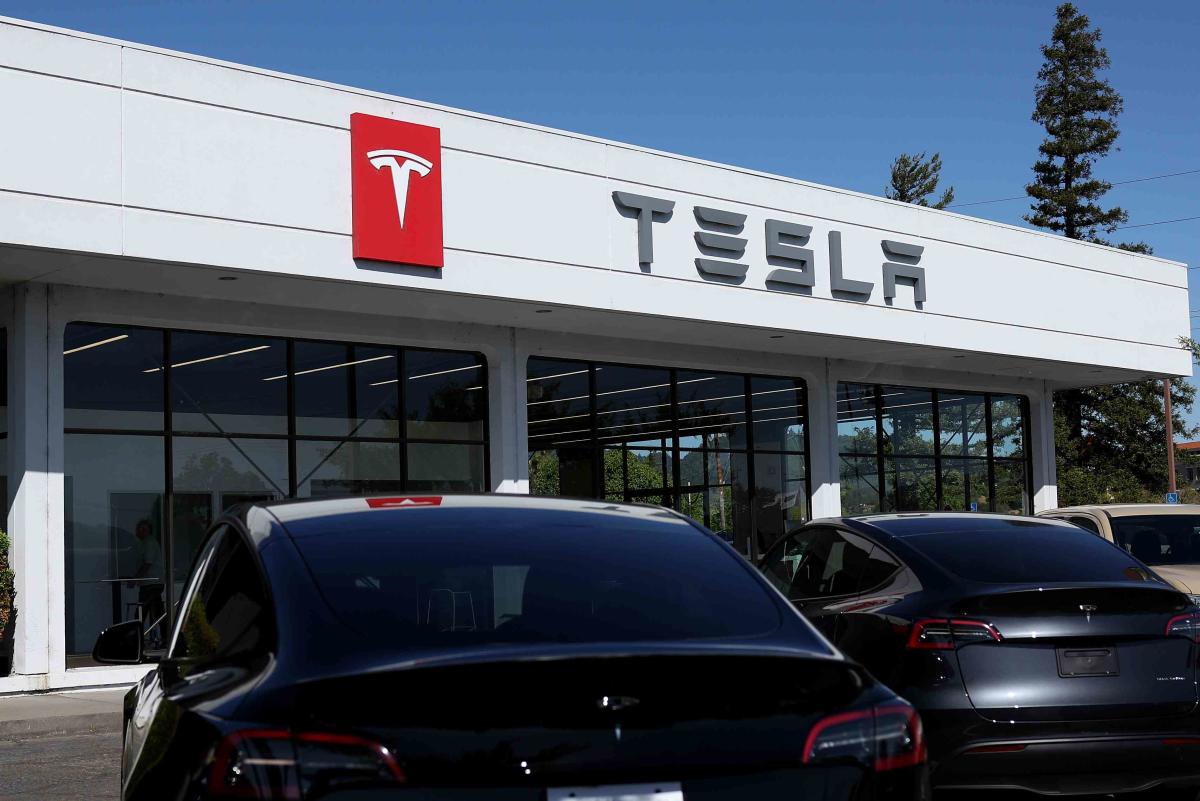
Tesla's Dominance in US Electric Vehicle Market Slips Below 50% for First Time
In the second quarter of 2024, Tesla's share of electric vehicle sales in the United States dropped below 50% for the first time, according to various reports. This decline comes as overall EV sales reached a record high with an increase of 11.3% year-over-year.
Tesla's Dominance Wanes The electric vehicle market is becoming increasingly competitive, and Tesla is feeling the heat from competitors such as General Motors, Ford, Hyundai, and Kia. According to Kelley Blue Book's second-quarter EV sales report, Tesla's U.S. sales fell by 6.3%, while overall EV sales reached a record high.
Competition Intensifies Stephanie Valdez Streaty, Cox Automotive Industry Insights Director, noted that increased competition is leading to continued price pressure and helping push EV adoption slowly higher.
Tesla Stock Continues Rallying Despite the decline in market share, Tesla's stock has continued its hot run. The company reported better-than-expected second-quarter delivery numbers, which helped push the stock back into positive territory for the year. Additionally, anticipation of an update about Tesla's robotaxi is also contributing to the rally.
Record Sales and Market Share The record sales in electric vehicles are a testament to growing consumer demand for this technology. In Q2 2024, Americans bought or leased more than 330,000 electric cars and light trucks, accounting for 8% of all new cars sold or leased during the period.
Tesla's Challenges and Future Plans As Tesla continues to face competition from established automakers, it is working on several affordable models that will use a mix of existing platforms and new technology. Meanwhile, Ford is developing its 'skunkworks' EVs, including a $25,000 pickup truck, SUV, and an EV for rideshare purposes.
Conclusion Tesla's dominance in the US electric vehicle market has waned for the first time as competition intensifies. Despite this decline in market share, Tesla's stock continues to rally due to better-than-expected delivery numbers and anticipation of an update about its robotaxi. The record sales in electric vehicles indicate growing consumer demand for this technology.



